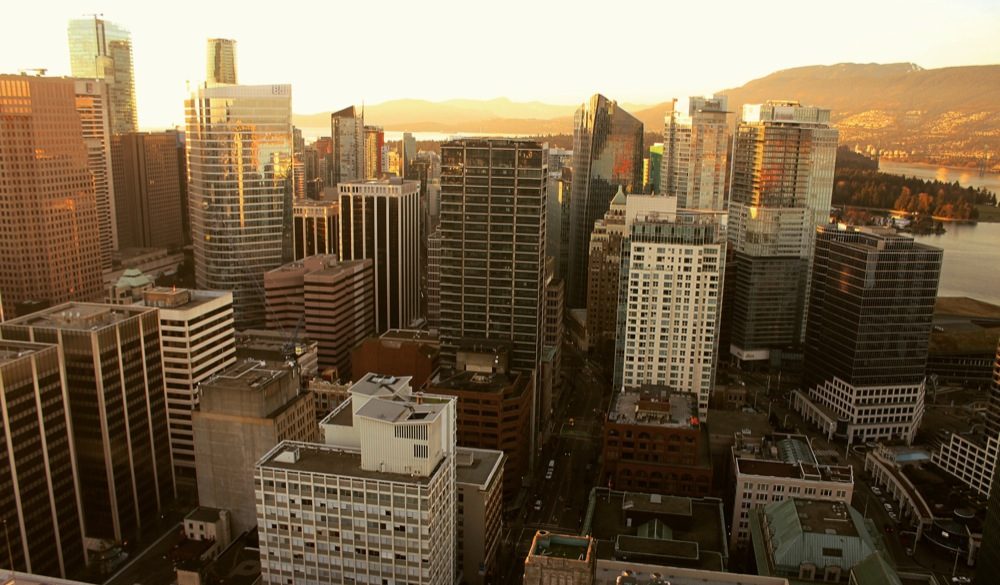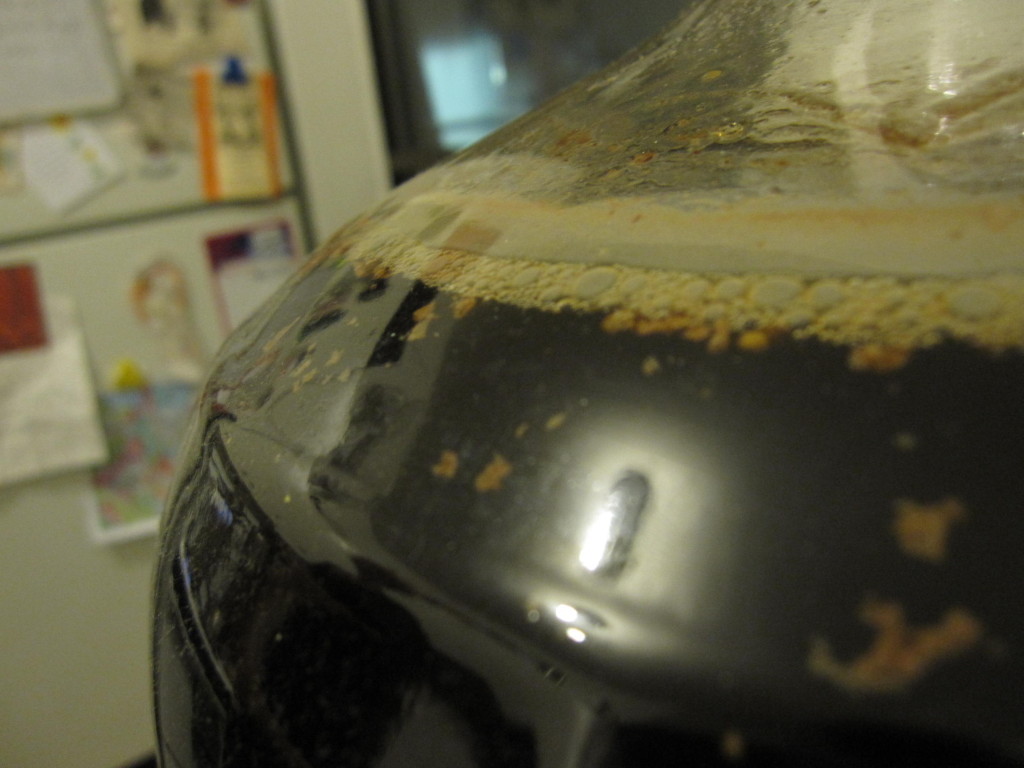
Finding our city’s identity
By Brittney MacDonald, Life & Style Editor
Growing up in Vancouver—or at least some type of suburbia associated with Vancouver—has given most of us locals a skewed perspective of our own city. When we think of big, global cities—such as the ones that everyone around the world has heard of—we think of places like Paris, New York, or Los Angeles, places that are familiar to us because of their appearance in movies, television, and other forms of media. They’re the places that famous people live, and they often have something about them that draws a sense of awe from people. Paris has its amazing culture, Los Angeles has endless sun and celebrities, and New York has its metropolitanism and its rich history. When we think of major, global cities, it isn’t often we associate that with Vancouver, but maybe it’s time we should.
I recently attended a Vancouver event that had people travelling from all over North America to attend, and one of the first questions I heard from Vancouver locals was “why would they have this here? They normally pick such big places.” The sentiment was that they just couldn’t comprehend why a company would choose Vancouver as the stage for something that would be broadcast over several continents.
That got me to thinking about how the way we see our city is vastly different than how the world sees it. Roughly 10–15 years ago, Vancouver was barely even on the map. Counted among landmark Canadian cities were Toronto, Montreal, and maybe Ottawa—and that’s only if you’re into politics. Canada’s West Coast went pretty much unnoticed.
However, as Vancouver grows in the public eye due to our participation in the 2010 Olympics, and our popularity within the film industry, we locals need to get with the times in realizing the identity of our city. We live in what is basically the Canadian equivalent of Dubai, in that Vancouver is one of the most expensive cities on the planet, so there’s a sense of glamour that many locals just don’t see. Our massive variance in architecture means that film makers can use Vancouver to look like almost any city in the world, and that in turn draws in the tourists who want to visit sites from their favourite movies and TV shows. Because we have such a large film industry, more and more celebrities are buying homes here, which provides another tourism magnet. Unlike cities like Dubai and Paris, we’re known as being fairly friendly, accepting, and pacifistic towards people of all creeds, orientations, genders, and cultures. After all, we are Canadian.
If you stop to think about it, Vancouver is slowly developing itself into a metropolis to take note of. We have all the convenience and splendor of a major city, but drive two hours out and you could be hitting the slopes of Whistler or taking in the natural beauty of the Pacific Northwest. Because we’re so used to it, us residents may take it for granted, but people deciding on their vacation destination certainly don’t—and neither does the travel industry as a whole. After all, Vancouver was voted among the top cities to visit in 2017 by both Expedia and the Telegraph, and finding ourselves on a top 10 travel destination list is in no way a foreign concept. It has been happening consistently for a while now.
So maybe it is time that we stop thinking of Vancouver as our little cultural melting pot, and begin to recognize it as the global phenomenon it’s turning into.



